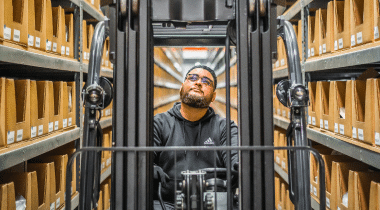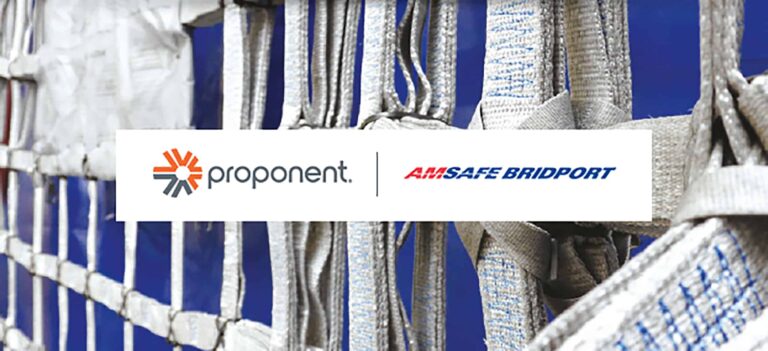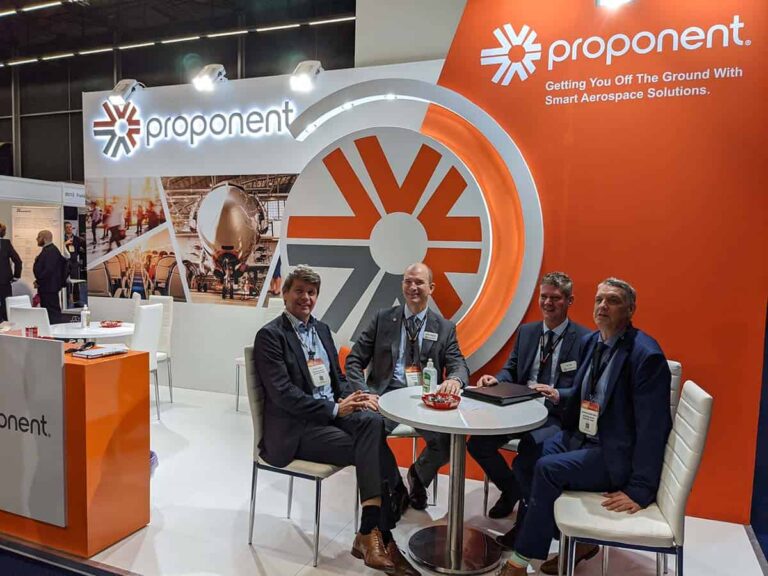As the world becomes ever more interconnected, and businesses must compete globally to remain relevant, the need for careful and strategic supply chain management increases. But what exactly is supply chain management, and how can the aviation maintenance industry—whether we are responsible for the upkeep of a single engine aircraft or an entire fleet of commercial planes—stay current with its demands?
There’s a great deal of industry jargon out there regarding this topic (value added flows, capacity requirements planning, failure modes and effects analysis, etc.). Many top-tier universities now offer M.B.A. degrees focusing on the mastery of this business discipline. But simply put, supply chain management is concerned with a business’s ability to get its customers what they want, when they want it. It involves coordinating the gathering of product with the distribution of product, and in the world of aviation maintenance, its fluidity can be impacted by extenuating factors, such as inventory droughts, the range of geographic distance between an aircraft and its required component, and poorly communicated refurbishment schedules.
Supply chain issues affect both small and large aviation service companies, and many of those issues are the same. A company that maintains domestically routed single engine aircraft has to worry about whether or not they have the parts on hand to complete a repair or upgrade, and if they don’t, they need processes in place that will allow them to attain those components quickly. A large commercial airline flying globally, whether it maintains its own fleets or contracts out, has the same issues. Wherever the aircraft lands, if a maintenance component is not in stock, it needs to be readily available and close enough for a delivery that won’t impact the flight schedule or the safe transfer of passengers.
One way to ensure the supply chain is working properly is through solid relationships with component parts distributors. These distributors need to be located close enough to a maintenance facility for the timely delivery of products and service. They must have an implicit understanding and respect for deadlines, the value of your time and the time of your clients, and they must arrange their own business goals around this understanding.
Headquartered in Southern California, with distribution locations throughout the U.S., Europe and Asia, Kapco Global is a distributor that keeps a close eye on the needs of its customers. In fact, many of their clients outsource their entire supply chain management arm to Kapco Global. Who better to manage their inventories than the distributor who provides their product?
Kapco Global supplies components for airlines and private entities flying to destinations both domestic and international. Their expansion into Europe and Asia is the result of deep analysis and the subsequent understanding of their clients’ growth trajectories. Kapco Global’s growth is the result of an implicit understanding and respect for supply chain principles.
They know that, in order for a supply chain to be effective, all businesses within the chain need to understand the impact of their actions upon those businesses both up and down the chain. A value-added distributor, such as Kapco Global, must plan and schedule in such a way that the very end user (the commercial or private airline customer) is blissfully unaware of their existence. This means accounting and planning, well in advance, for deadlines, inventory/stocking issues, maintenance upgrades and unforeseen circumstances. It means contracting with well-organized businesses and having solid delivery systems in place. It means constantly examining and reexamining the needs of customers on one end and the capabilities of vendors on the other in order to strike a balance of competence both now and in the future.
There’s no doubt that having a comprehensive understanding of supply chain management is an essential part of building a strong business. And while degree programs are wonderful, they’re no replacement for good old-fashioned experience. That’s why contracting with a company such as Kapco Global, with more than 40 solid years in the industry, is such a benefit.
Because, as everyone knows, a chain is only as strong as its weakest link.



















